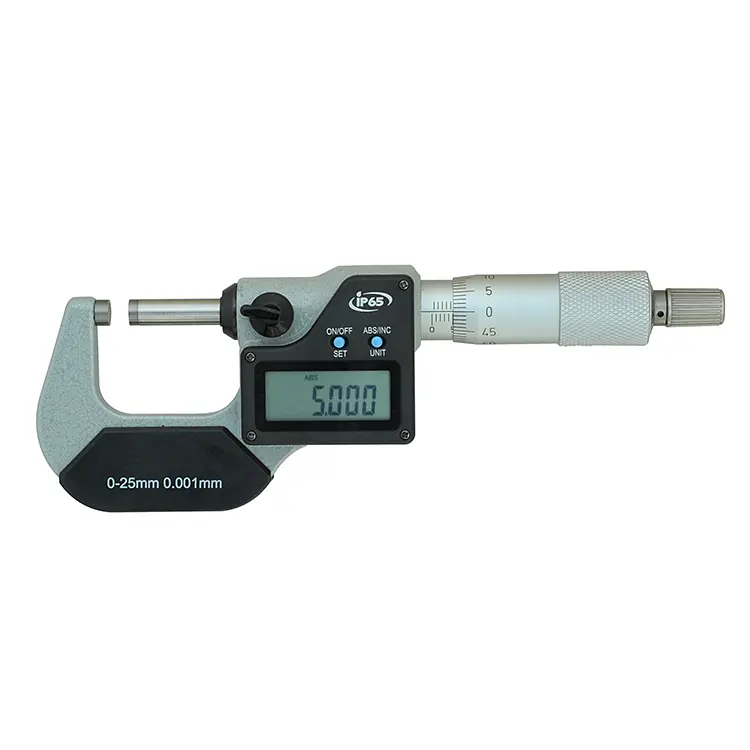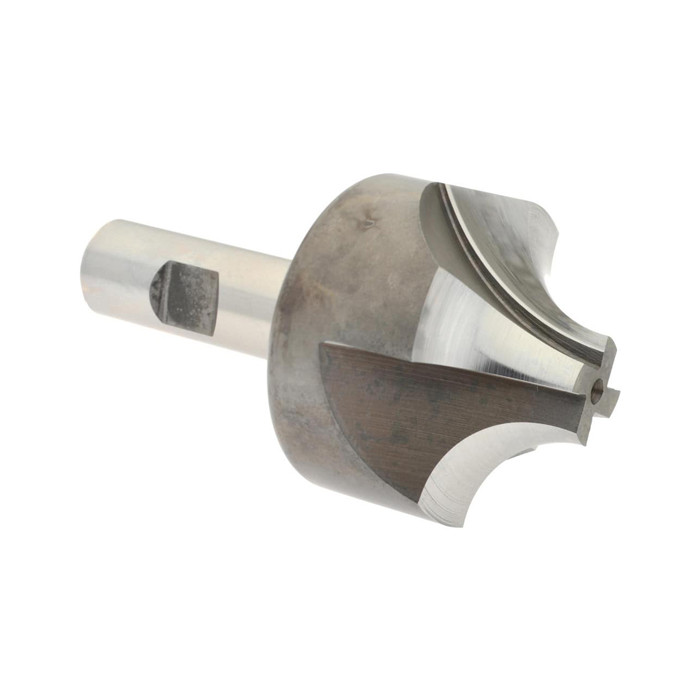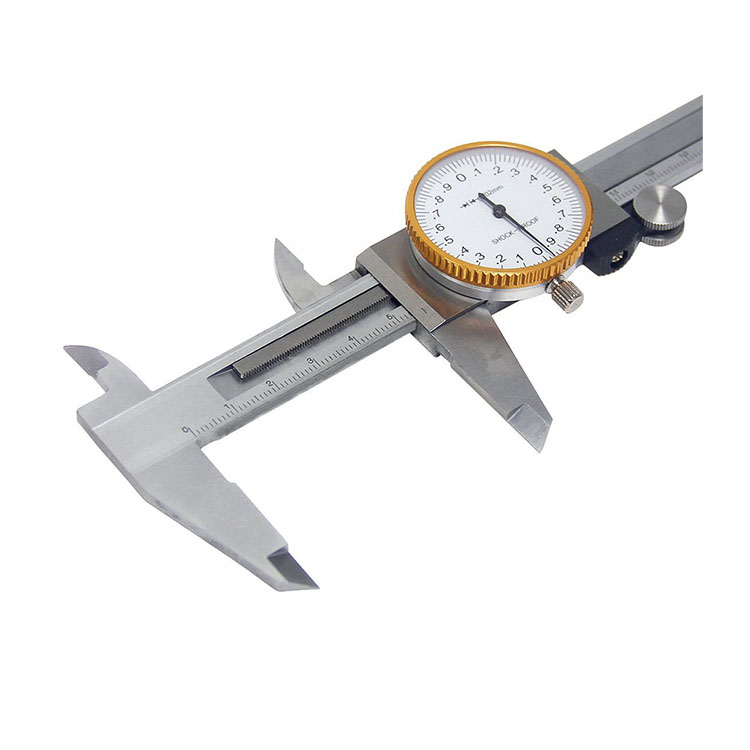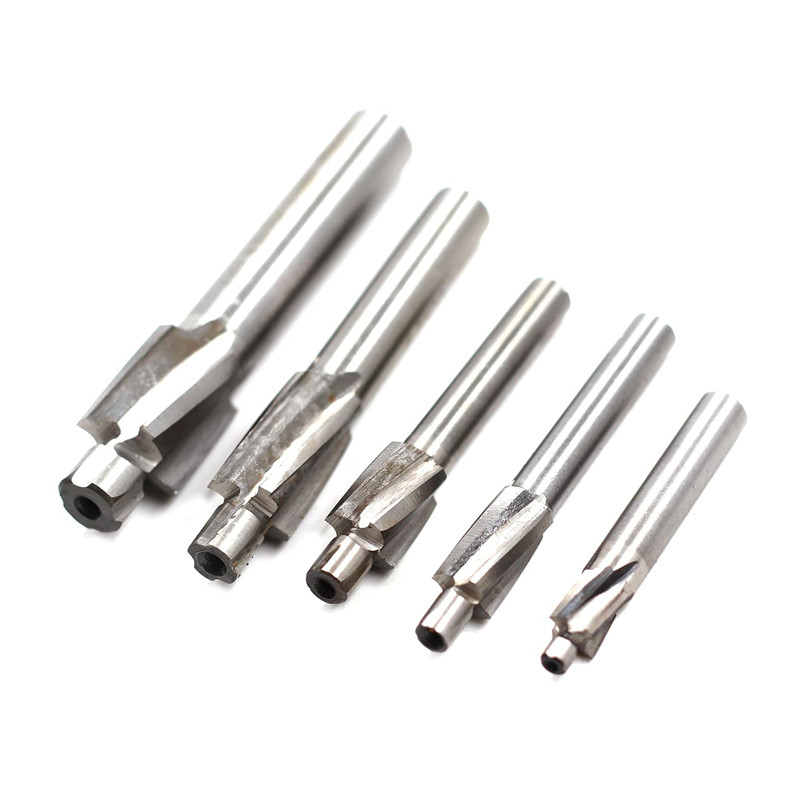caliper gauge Factory
A caliper gauge factory specializes in manufacturing precision instruments used for measuring distances, thicknesses, and depths with high accuracy. These gauges are essential tools in various industries, including manufacturing, engineering, and quality control, where precise measurements are critical for ensuring product quality and dimensional accuracy. This guide provides a comprehensive overview of what to look for in a caliper gauge factory, the different types of calipers available, and key considerations when sourcing these vital instruments.
Understanding Caliper Gauges and Their Applications
Caliper gauges are versatile measuring tools used across numerous industries. Choosing the right caliper gauge depends on the specific application and required accuracy. Let's explore the different types and their common uses.
Types of Caliper Gauges
There are three main types of caliper gauges:
- Vernier Calipers: These are the traditional type, offering high accuracy and reliability. They use a vernier scale to read measurements precisely. They are robust and suitable for workshop environments.
- Dial Calipers: These use a dial indicator to display measurements, making them easy to read. Dial calipers are quick to use, especially for repetitive measurements.
- Digital Calipers: These feature a digital display for direct and easy readings. Digital calipers often include features like zeroing at any point and switching between metric and imperial units.
Applications Across Industries
Caliper gauges find applications in:
- Manufacturing: Measuring parts dimensions for quality control.
- Engineering: Verifying designs and ensuring components fit together correctly.
- Automotive: Measuring engine parts and chassis components.
- Medical: Measuring medical devices and implants.
- Jewelry Making: Measuring gemstones and precious metals.
What to Look for in a Caliper Gauge Factory
Selecting the right caliper gauge factory is crucial for ensuring you receive high-quality, accurate, and reliable instruments. Here are key factors to consider:
Quality Standards and Certifications
Ensure the factory adheres to recognized quality standards such as ISO 9001. Certifications like CE and RoHS can also indicate commitment to quality and environmental compliance.
Manufacturing Capabilities
Assess the factory's production capacity and capabilities. Do they have modern machinery and equipment? Can they handle large-scale orders? What materials do they use (e.g., hardened stainless steel)? Wayleading Tools, with our dedication to providing high-quality measuring tools, understands the importance of robust manufacturing processes. Visit www.wayleading.com to explore our range of measuring instruments.
Customization Options
If you require custom caliper gauges, check if the factory offers customization services. This includes variations in size, range, materials, and branding.
Accuracy and Calibration
Accuracy is paramount. Verify the factory's calibration processes and ensure they use calibrated master gauges for quality control. The accuracy of a caliper gauge is often specified in its product documentation. For example, a high-precision digital caliper gauge may have an accuracy of ±0.02mm (±0.001in).1
Material Quality
The material used in manufacturing caliper gauges significantly impacts their durability and accuracy. High-quality stainless steel is a common choice due to its resistance to corrosion and wear. Hardened stainless steel is even better because it prevents any deformation of the tool. The gauge should be free from burrs or imperfections, and the sliding action should be smooth and consistent across the entire measuring range.
Range and Resolution
Choose a caliper gauge with a range suitable for your application. Common ranges include 0-150mm (0-6in), 0-200mm (0-8in), and 0-300mm (0-12in). The resolution determines the smallest measurement increment the gauge can display (e.g., 0.01mm or 0.0005in).
| Feature | Value |
|---|---|
| Material | Hardened Stainless Steel |
| Accuracy | ±0.02mm (±0.001in) |
| Resolution | 0.01mm (0.0005in) |
| Available Ranges | 0-150mm (0-6in), 0-200mm (0-8in), 0-300mm (0-12in) |
Price and Lead Time
Compare prices from different factories and inquire about lead times. Balance cost-effectiveness with quality and reliability. A lower price may indicate compromised materials or manufacturing processes.
Warranty and Support
A good caliper gauge factory will offer a warranty on their products and provide technical support. This demonstrates confidence in their quality and a commitment to customer satisfaction.
Sourcing Caliper Gauges: A Step-by-Step Approach
Sourcing caliper gauges effectively involves a structured approach to ensure you find the right supplier and products for your needs.
Define Your Requirements
Clearly define your requirements in terms of accuracy, range, resolution, type of caliper gauge, and any specific features you need. This will help you narrow down your options.
Research and Identify Potential Factories
Use online search engines, industry directories, and trade shows to identify potential caliper gauge factories. Look for factories with a proven track record and positive customer reviews.
Request Quotations and Samples
Contact potential factories and request quotations. Ask for samples to evaluate the quality and accuracy of their caliper gauges firsthand.
Evaluate and Select a Factory
Evaluate the quotations, samples, and factory's capabilities. Consider factors like price, quality, lead time, warranty, and customer support. Select the factory that best meets your needs.
Place Your Order and Monitor Production
Place your order and monitor the production process to ensure it meets your specifications. Maintain communication with the factory to address any issues that may arise.
Inspect and Accept Delivery
Upon delivery, inspect the caliper gauges to ensure they meet your quality standards. Accept the delivery if everything is satisfactory.
Conclusion
Choosing the right caliper gauge factory is essential for obtaining accurate, reliable, and durable measuring instruments. By considering factors such as quality standards, manufacturing capabilities, customization options, and customer support, you can make an informed decision and ensure your measurement needs are met. Whether you require vernier, dial, or digital caliper gauges, a reputable factory will provide the precision tools necessary for success in your industry. Caliper gauges are integral to ensuring quality, and finding the right caliper gauge factory is a decision that should be made with care. Wayleading Tools offers a variety of precision measuring tools; contact us today for more information.
Source: Mitutoyo Caliper Gauge Datasheet
Related products
Related products
Best selling products
Best selling products-
 Precision Straight Shank To Morse Taper Adapter
Precision Straight Shank To Morse Taper Adapter -
 Precision IP65 Digital Outside Micrometer Of Inch & Metric With Data Output
Precision IP65 Digital Outside Micrometer Of Inch & Metric With Data Output -
 Precision V Block Set With High Quality Type
Precision V Block Set With High Quality Type -
 Auto Self Reversible Tapping Chuck In Drill Machine
Auto Self Reversible Tapping Chuck In Drill Machine -
 Precision Vernier Caliper With Nib Style Jaws Of Metric & Imperial For Industrial
Precision Vernier Caliper With Nib Style Jaws Of Metric & Imperial For Industrial -
 HSS Shell End Mill Cutter With Bright & TiN Or TiAlN Coated
HSS Shell End Mill Cutter With Bright & TiN Or TiAlN Coated -
 HSS Metric & Inch Corner Rounding End Mill For Industrial
HSS Metric & Inch Corner Rounding End Mill For Industrial -
 Partial profile 55° Threading Insert With ER & IR Type
Partial profile 55° Threading Insert With ER & IR Type -
 HSS ISO Metric Round Die Wieh Splite Or Adjustable Splite Type
HSS ISO Metric Round Die Wieh Splite Or Adjustable Splite Type -
 HSS 3PCS DIN352 Hand Tap Set With Taper And PLUG Or Bottoming Tap
HSS 3PCS DIN352 Hand Tap Set With Taper And PLUG Or Bottoming Tap -
 HSS DP Involute Gear Cutters With PA20 And PA14-1/2
HSS DP Involute Gear Cutters With PA20 And PA14-1/2 -
 Precision Vernier Caliper With Nib Style & Standard Style Jaws Of Metric & Imperial For Industrial
Precision Vernier Caliper With Nib Style & Standard Style Jaws Of Metric & Imperial For Industrial
Related search
Related search- Wholesale ball nose end mill
- High-Quality Corner Rounding End Mill set
- Wholesale PSBN turning tool holder
- milling collet chuck Factory
- Taper Shank Twist Drills Manufacturer
- High-Quality expanding arbors
- parting and grooving insert Manufacturer
- parting and grooving tool holder Factory
- indexable end mills Suppliers
- Carbide Tipped Hole Cutter Manufacturer










